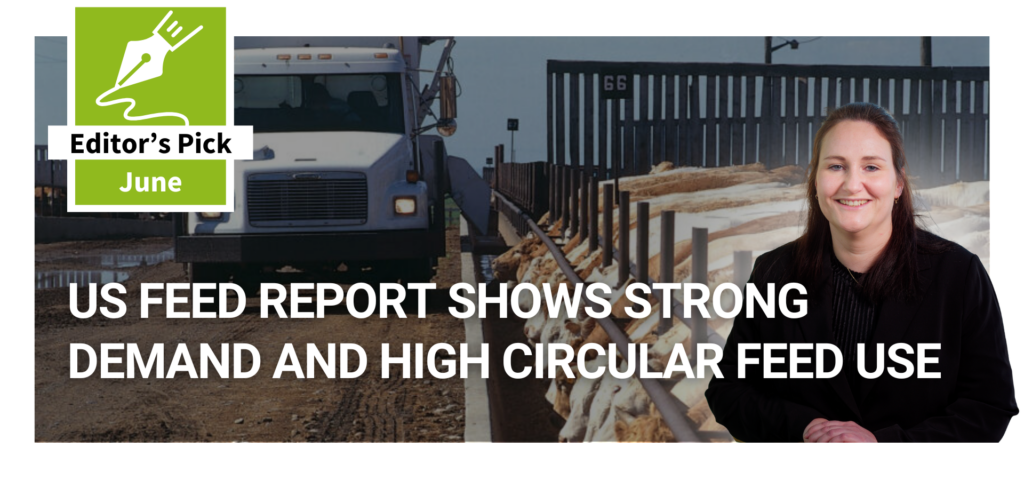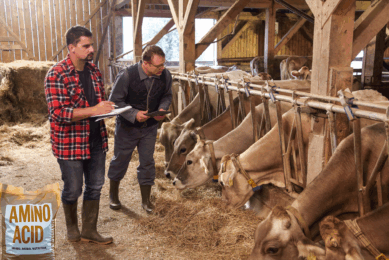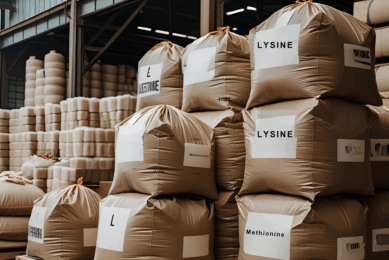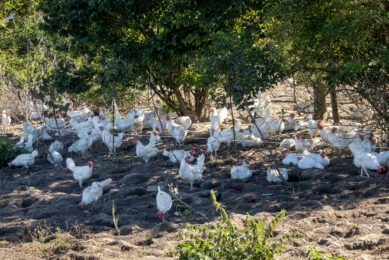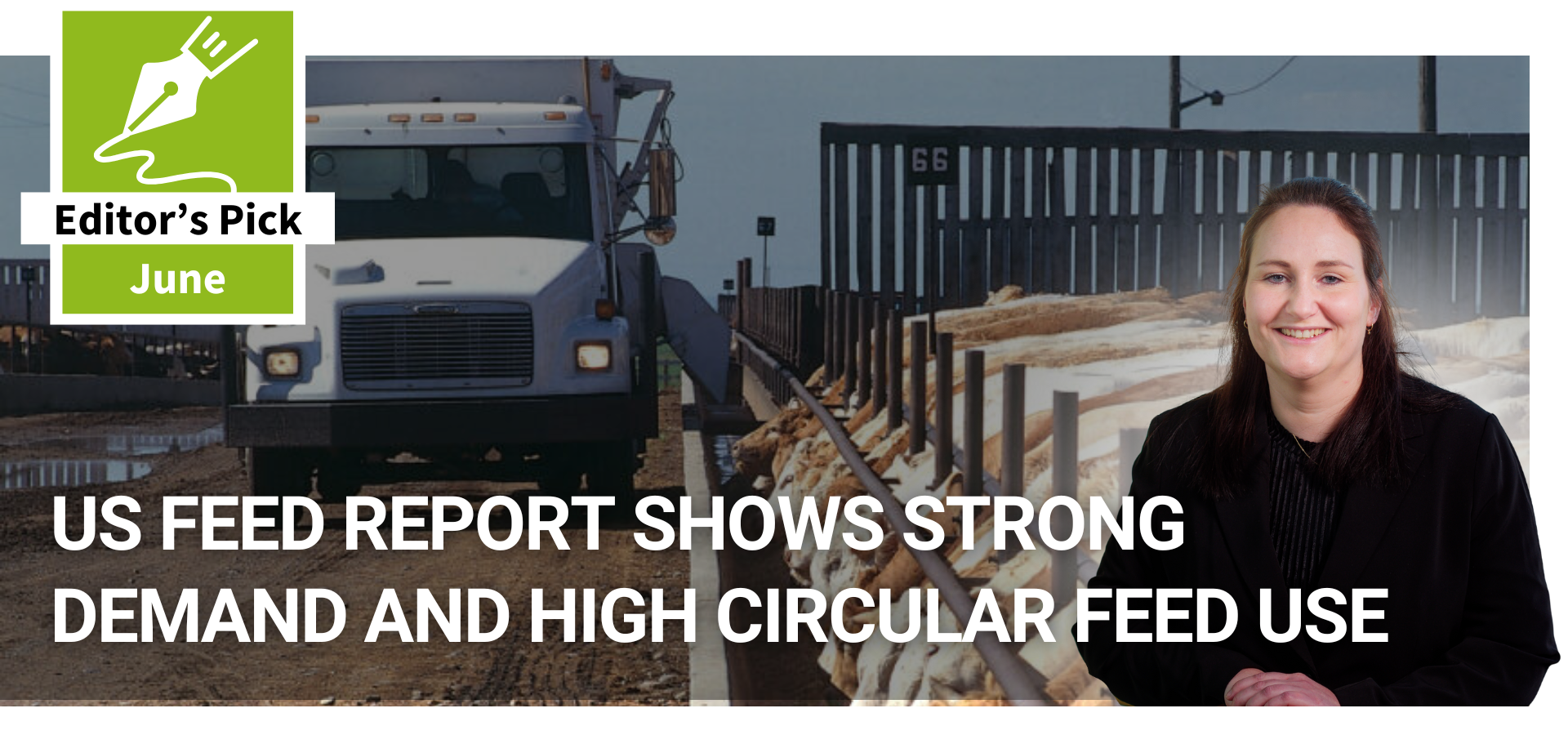7 key amino acids in poultry diets
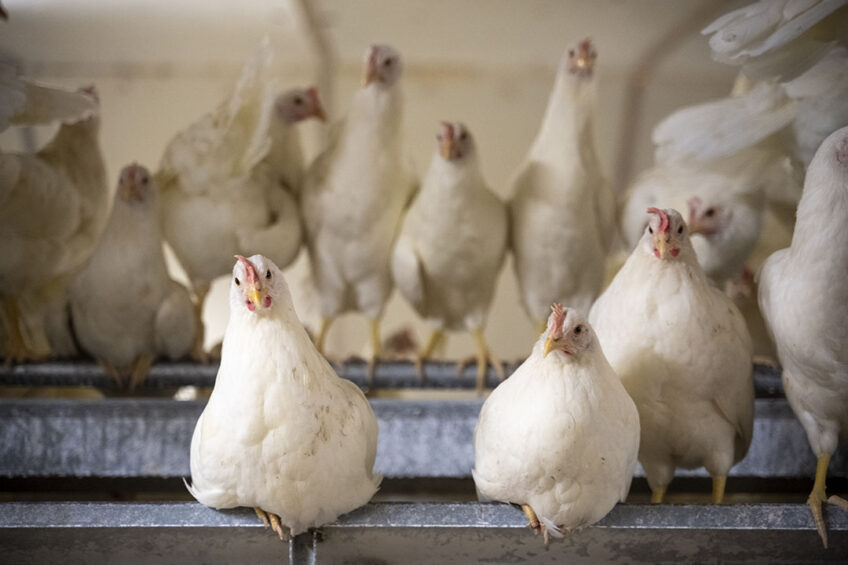
A better understanding of the key amino acids makes it possible to optimise the ration thus generating better results and reducing feed costs for poultry producers. This article discusses 7 key amino acids in poultry diets.
 Methionine
Methionine
Methionine, a total amino acid that contains sulphur, plays an important role in optimum growth performance, feather synthesis, and muscle accretion. In addition, this amino acid eliminates reactive oxygen species and protects cells from oxidative stress.
Adding methionine to broilers’ diets increases the relative and absolute weight of the breast and reduces abdominal fat. Adding methionine to laying hens’ diets also alleviates the adverse effects of high temperature and improves growth performance, egg production, egg weight, egg mass, bone volume, bone mineral content and bone density. Furthermore, supplemental methionine stimulates the immune responses of broilers by decreasing heterophils and increasing lymphocytes. However, excess dietary methionine concentration reduces feed intake in laying hens and broilers.
 Cysteine
Cysteine
Cysteine, another acid that contains sulphur, serves as a semi-essential amino acid because it can be synthesised from methionine and serine by trans-sulphuration. Cysteine and methionine are considered the first limiting amino acids in practical poultry diets due to their limited presence in protein sources of plant origin. This is why the requirement for this amino acid is usually considered together with methionine. Cysteine plays a central role in the antioxidant protection system of the body and improves the gut histomorphometric indices of broilers.
 Lysine
Lysine
Lysine is the second limiting amino acid in typical maize-soybean meal-based poultry diets. The main role of lysine is protein synthesis and cell growth and maintenance. Lysine in broilers diet improves bodyweight gain, meat yield, growth performance and carcass quality. Adding lysine to laying hens’ diets improves egg production, egg weight, egg mass and feed conversion efficiency. However, high levels of dietary lysine reduce feed intake in laying hens and broilers.
 Threonine
Threonine
Threonine is considered as the third limiting amino acid in conventional poultry diets. Threonine, which is essential for gut protein synthesis and gut development, protects the gut from anti-nutritional factors and pathogens. Threonine speeds up the synthesis of mucosal protein and mucin in the gut lumen thus improving gut morphology, health and function.
A diet supplemented with threonine improves body weight gain, dressing percentage, relative breast weight of birds, feed utilisation, carcass quality and the feed conversion ratio. In addition, increased threonine concentration in the diet promotes the growth of immune organs, encourages antibody synthesis, and mitigates the immune stress caused by Newcastle disease virus and E. Coli.
 Arginine
Arginine
Arginine maintains immunological and physiological functions and supports protein accretion in poultry. Arginine increases the specific immune response against Infectious Bursal Disease in chickens and improves their growth performance. In addition, supplementation of arginine in the diet reduces the percentage of abdominal fat.
Increasing dietary arginine improves feed intake in layer hens. Adding arginine to poultry diet stimulates the secretion of luteinising hormone and positively impacts follicle development and ovulations. Furthermore, arginine improves gut villi development in laying hens. However, excessive dietary arginine may result in impaired performance due to the interaction and competition with lysine for access to specific gut transporter systems.
 Tryptophan
Tryptophan
Tryptophan is an aromatic amino acid involved in the synthesis of key neurotransmitters such as serotonin, dopamine and noradrenaline, which influence the behaviour of poultry. Low dietary tryptophane leads to aggressive feather-pecking and cannibalism in laying hen thus resulting in substantial production loss. In addition, tryptophan plays an important role in reducing stress, increasing appetite and maintaining immune functions in poultry.
Offering laying hens diets supplemented with tryptophan improves eggshell strength under hot and humid conditions. However, excessive inclusion of tryptophan reduces the feed intake and performance of laying hens and broilers.
 Glutamine
Glutamine
Glutamine is the most abundant amino acid in the plasma and skeletal muscle of poultry. This amino acid provides nitrogen and an energy source for the proliferation of immune and gut mucosal cells and is required – together with cysteine – to synthesise antioxidants. Glutamine compensates for metabolic losses from necrotic enteritis disease and improves gut development and morphology, and growth performance.



